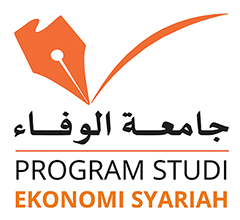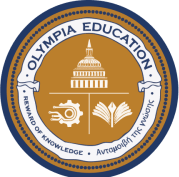Analysis of the Impact of Sustainable Development on Poverty Alleviation in Bogor Regency
Keywords:
Sustainable Development, Poverty Alleviation, Islamic Economics, Bogor RegencyAbstract
This study examines the impact of sustainable development pillars—economic (GRDP), social (HDI), and environmental (EQI)—on poverty alleviation in Bogor Regency, Indonesia, through a quantitative analysis of secondary data (2017–2024). Using multiple linear regression, we find that while GRDP growth reduces poverty (β = −3.92E−05, *p* < 0.01), HDI and EQI exhibit paradoxical positive associations (β = 0.005 and 0.369, respectively; *p* < 0.01), suggesting implementation gaps in social and environmental programs. The model explains 55.1% of poverty variation (R² = 0.551), with the remaining variance attributed to unmeasured factors. From an Islamic perspective, these results reveal misalignment with maqashid al-shari'ah principles, particularly equitable distribution ('adl) and environmental stewardship (hifz al-bi'ah). Comparative analysis highlights Bogor’s underperformance relative to neighboring regions, implicating untapped potential in agro-ecotourism and Islamic finance instruments (zakat, waqf). The study contributes to theory by integrating maqashid frameworks with Sustainable Development Goals (SDGs) and proposes actionable policies: (1) zakat-funded cooperatives, (2) waqf-based vocational education, and (3) progressive environmental pricing. These findings underscore the need for culturally grounded, holistic approaches to poverty reduction in Muslim-majority regions, bridging quantitative targets with ethical imperatives.

















